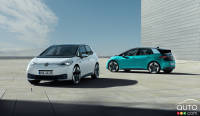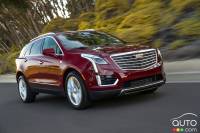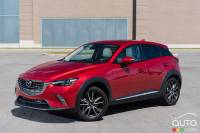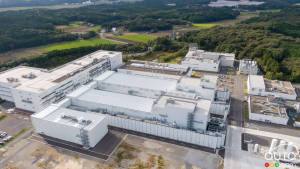This week, Toyota gave an update on its work on solid-state batteries, a technology it has been developing for some time. This type of battery has the potential to significantly increase the range of electric vehicles, while reducing costs and weight.
A solid-state battery, as the name suggests, uses a solid electrolyte instead of liquids or gels, as is the case with current EV batteries. This technology is less prone to overheating or fire and is also better suited to rapid recharging.
Better still, it's denser, which means it's lighter and offers greater capacity. All this could translate into electric vehicles with a range comparable to or greater than that of current EVs. And weight being reduced could suit performance-focused models very well.
Toyota explained having made a “technological breakthrough” that overcomes the durability hurdle that has prevented the use of solid-state batteries in the automotive sector until now. This will allow the company to more quickly integrate their use in both its hybrid and all-electric vehicles.

The Japanese automaker adds it’s working on a mass-production method for solid-state batteries and wants to bring the technology to market in 2027 or 2028. This timetable is similar to that of rival manufacturers, such as Volkswagen and Nissan, who are also working on the technology.
Thanks to aerodynamic improvements and weight reduction, Toyota estimates that a vehicle could offer a range of 1,200 km. The automaker has also indicated that it is already researching a more advanced battery that could deliver a range approaching 1,500 km.
With a capacity of 1,200 to 1500 km, there'll be no more talk of range anxiety.
And when it comes to recharging, Toyota is aiming for a time of 10 minutes (or less) to boost a battery's capacity from 10 to 80 percent using a fast DC charger.
It's been widely predicted that EV technology will evolve very rapidly, much as we saw with smartphones. We're starting to see proof of this.
























